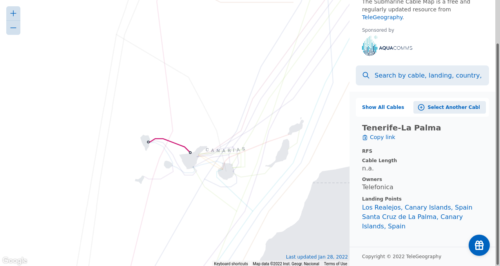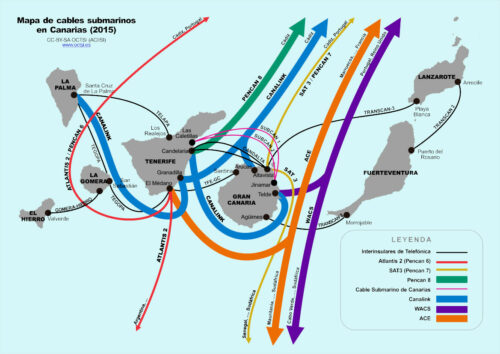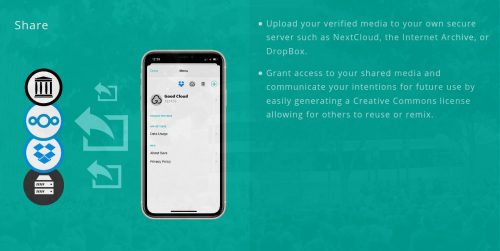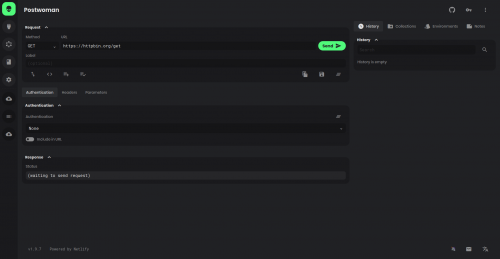My goal is neither to eliminate the powerful internet platforms nor to cede the future to them – it is to imagine possible futures where surveillant advertising delivered by monopoly providers isn’t the only available option to build a thriving future of democratic communications.
From the moment radio became practically possible to the moment it became a powerful cultural force is roughly fifteen years, from 1912 to 1927. What occurred in those fifteen years was a gold rush that resembles the late 1990s internet boom in its passion and energy but differs sharply in the diversity of models pursued.
The BBC had several enormous advantages over their U.S. counterparts. Not only did it have an enviable monopoly, it had a guaranteed revenue stream from the annual license fees levied on each radio receiver sold.
Again, the lesson is that a particular business model is not inevitable but the product of political, economic and cultural forces.
One country where Google and Facebook have very little power and influence is China, where government censorship, designed to control online expression, had the interesting side effect of protecting China’s domestic internet market from foreign competitors. While many Chinese dissidents, journalists, and fans of western movies became skilled at “jumping the Great Firewall,” China’s domestic market and linguistic isolation were significant enough to enable a rich and complex local internet ecosystem.
While the server software that operates much of the World Wide Web is open-source software, as is the Firefox web browser, the online content and services business is dominated by the U.S. and Chinese models, with Wikipedia as the sole noncommercial site in the worldwide top 100 sites.
Wikimedia is a form of public service media, though it resembles the role of public radio in the United States, which is supported by a mix of listener donations and commercial sponsorship rather than a license fee, as in the BBC model. Its decisions are driven by a set of articulated and well-debated values about access to knowledge and information and not by market signals. That it is able to survive without government support or a license fee is not an argument against public support for media – instead, it’s an open invitation to ask what other services we could build if we innovated outside the logic of markets more often.





